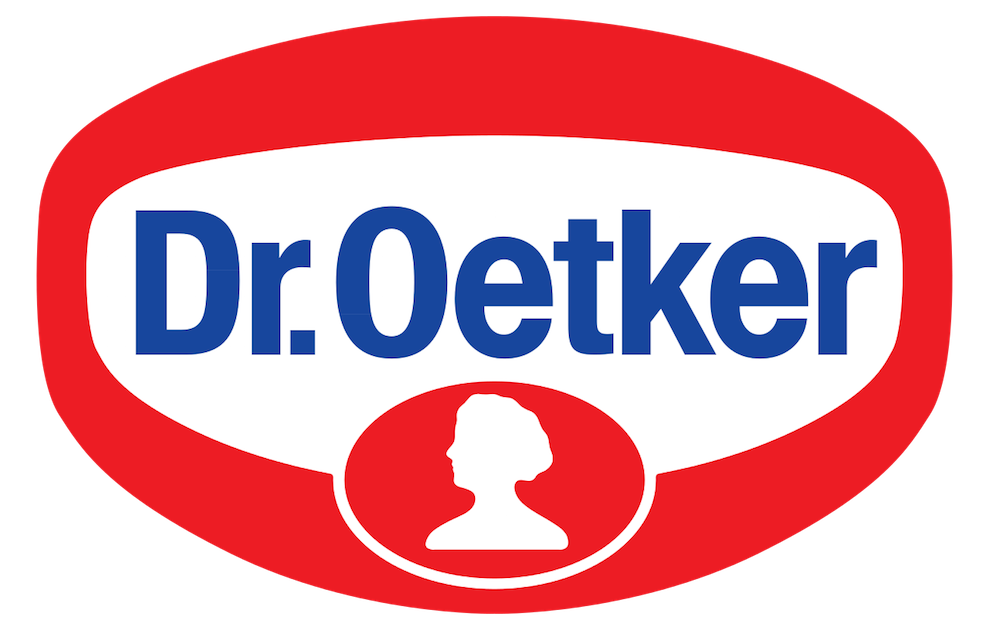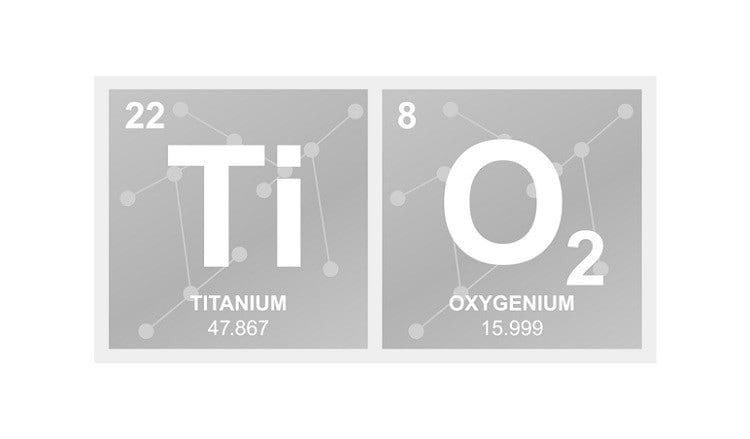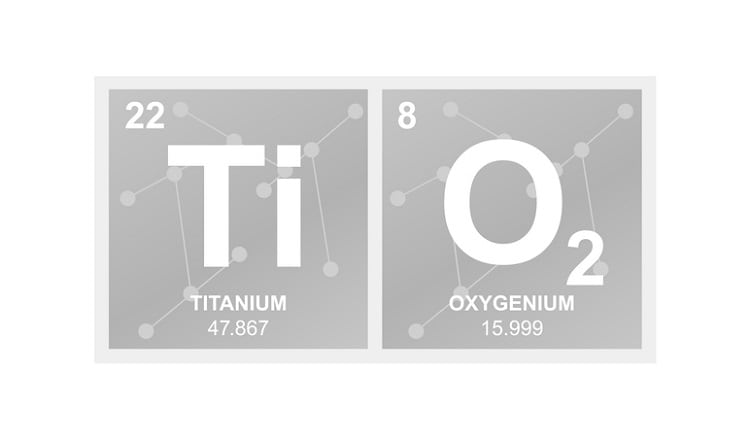Foodwatch has launched a petition urging the food maker to cut titanium dioxide from its ingredients list.
Although it is considered safe by European regulators, the contentious ingredient has been linked to negative health consequences, including damage to the intestinal flora and - in the form of very small nanoparticles – the development of cancer.
E171 is a colouring used in over 900 food products, from confectionery and baked goods to sauces such as mayonnaise. It is used to achieve a white, opaque or cloudy colour.
The ingredient will be banned in France from 2020. According to France’s health and safety agency (ANSES), a lack of evidence guaranteeing the safety of titanium dioxide informed the decision.
Foodwatch’s campaign follows research that, the campaign group claimed, showed Dr. Oetker’s products contain E171 nanoparticles.
Size matters
According to Foodwatch, Dr. Oetker had assured the safety campaigners that the titanium dioxide used as a white dye in its products are ‘safe for your health’.
"For all Dr. Oetker products that currently contain the dye titanium dioxide, we can assure you that the size of the titanium dioxide used is above the nanometer scale,” Foodwatch quoted Dr. Oetker as stating.
The size of the titanium dioxide particles is important because some research has suggested that the consumption of titanium dioxide nanoparticles is associated with an elevated risk of cancer.
Foodwatch therefore commissioned laboratory tests to determine the particle size of titanium dioxide contained in various Dr. Oetker products. A spokesperson for the group told this publication that it collected samples from 'about 100 products' available in supermarkets that contain titanium dioxide.

Rather than looking at the 'absolute quantity' of E171, the tests considered the proportion of nanoparticles in the titanium dioxide used, the spokesperson explained.
The results, Foodwatch asserted, demonstrate that Dr. Oetker products do contain titanium dioxide nanoparticles. "Of the four tested Oetker products, all four contained nano-titanium dioxide. The nano portion was between 22% and 100%," the spokesperson said. The product containing 100% nano-E171 was Dekor Kreation Rosa Mix.
Dr. Oetker did not immediately respond to request for comment.
‘Ban E171 in food’
Foodwatch wants manufacturers to stop using titanium dioxide. "Food manufacturers are responsible for the safety of their products. As there are doubts about the safety of E171 and the substance has no benefit for consumers, manufacturers must immediately dispense with this substance," the spokesperson asserted.
The group also wants to see European safety regulators follow France's lead and prohibit the use of E171 in food products. "France is setting a good example and has already issued a ban for 2020. This must urgently be extended to the entire EU. Until then, however, we believe food manufacturers have the duty [to remove the ingredient]. For reasons of preventive health protection, manufacturers... [should] immediately renounce titanium dioxide."
This view is held by several other consumer watchdogs. Throughout the EU, other consumer groups have also questioned the safety of E171 as an additive in food and urged safety regulators to ban its use.
“There are growing indications that the additive E171 is unsafe for consumers,” Camille Perrin, food policy officer at European consumer organisation BEUC, told FoodNagigator.
“According to EU laws, a food additive may only be authorised provided its use is safe, technologically justified, and if it does not mislead, but on the contrary benefits, the consumer. The E171 additive meets none of these conditions. For this reason, together with other civil society organisations, we urge the European Commission to protect the health of European consumers and propose to ban the use of E171 in food.”
The BEUC and eight other civil organisations, including Foodwatch and the Health and Environment Alliance (HEAL), sent a letter to the European Commission in May outlining concerns over E171.
EFSA: E171 ‘not a concern for human health’
Despite mounting pressure from consumer lobbyists, the European Food Safety Authority continues to stand by its 2016 safety assessment of titanium dioxide.

In 2016, EFSA said that available data on E171 in food showed absorption levels were ‘extremely low' and that its use as an additive ‘does not raise a genotoxic concern’. And while the UN’s International Agency for Research on Cancer (IARC) has classified titanium dioxide as a possible human carcinogen, EFSA stated that it is not carcinogenic after oral administration.
In 2018, EFSA responded to a request from the EC by publishing an opinion on four new publications that emerged since completion of its 2016 opinion. “In this opinion EFSA concluded that, while work was ongoing to fill data gaps highlighted in its 2016 opinion, there was no need to revisit its previous conclusions,” a spokesperson for the food safety body told FoodNavigator.
EFSA’s most recent thinking on E171 acknowledges the importance that particle size may play to safety.
“In July this year, EFSA published an opinion recommending the inclusion of an additional parameter related to the particle size distribution in the current EU specifications for E171. The more precise characterisation of titanium dioxide used as a food additive, which follows up on recommendations from EFSA’s previous work, will assist in the identification of relevant toxicity studies for risk assessment,” the spokesperson explained.
“EFSA’s Panel considered that from the characterisation of the particle size distribution of E171 there was no reason to revise EFSA’s previous conclusions on safety. The Panel also stated that additional ongoing toxicity testing would further decrease outstanding uncertainty related to the safety assessment of titanium dioxide.”




